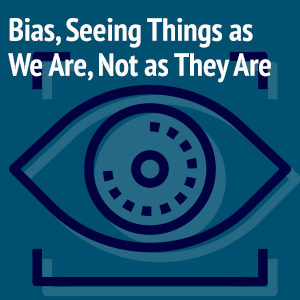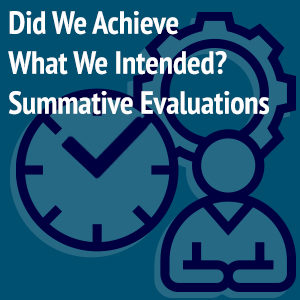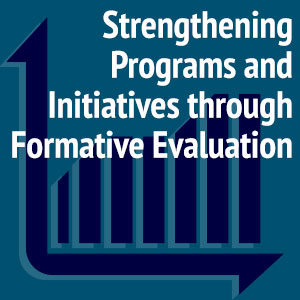 What are Nonprofit Organizations?
What are Nonprofit Organizations?
Organizations are social entities that have a collective purpose and that interact with larger environments (the economy, society, other organizations, etc.) Nonprofit organizations are a sub-type of organization that use “surplus revenues” (i.e. revenues beyond those used for operation and sustenance) to achieve desirable social ends, rather than to produce profits or dividends. In essence, nonprofits use their financial resources (provided by individual donations, foundation and government grants, etc.) to ameliorate the lives and conditions of community members. In the US, there are a range of nonprofit organizations, including hospitals, charities, educational organizations, social welfare organizations, foundations, community organizations, etc. According to the National Center for Charitable Statistics, there are approximately 1.5 million nonprofits in the US.
Organizations vs. Programs
Many nonprofit organizations mobilize resources in the form of organizedprograms that provide activities and products that are designed to improve the lives of program participants. Carter MacNamara writes that, “A program is a collection of resources in an organization and is geared to accomplish a certain goal or set of goals. Programs are one major aspect of the non-profit’s structure. The typical non-profit organizational structure is built around programs, that is, the non-profit provides certain major services, each of which is usually formalized into a program.” (http://literacy.kent.edu/Oasis/grants/overviewprogplan.html) In serving program participants, nonprofits strive to effectively and efficiently deploy program resources, including knowledge, activities, and materials, to positively affect the lives of those they serve.
Program Evaluation Meets Organization Development
In order to assess the effectiveness and efficiency of programs, nonprofits will often conduct program evaluations. Program evaluations are customarily guided by a set of evaluation research questions, e.g., What are the effects of the program on participants? What challenges did participants encounter while in the program? Did the program make a difference in the lives of those it was intended to serve? Did the program cause the observed changed in program participants? etc. (for more examples of evaluation questions, see our previous posts “Questions Before Methods” and “Approaching an Evaluation: 10 Issues to Consider” ) Although program evaluations are customarily aimed at gathering and analyzing data about discrete programs, the most useful evaluations often collect, synthesize, and report information that can useful in improving the broader operation and health of the organization that hosts the program. Program evaluation thus can contribute to organization development, “the deliberately planned, organization-wide effort to increase an organization’s effectiveness and/or efficiency and/or to enable the organization to achieve its strategic goals.” (wikipedia)
In fact, findings from program evaluations often have important implications for the development and sustainability of the entire host organization. This is especially true in the case of small-to-medium sized nonprofit organizations, whose core programs often comprise the bulk of the organization’s structure and raison d’être. Consequently, information from program evaluations—especially formative evaluations which focus on strengthening program effectiveness—can be used to clarify the organization’s goals and objectives, to identify key organizational challenges and ways to address these, and to strengthen the overall effectiveness of the organization’s efforts. Additionally, program evaluations can offer an ideal opportunity for an organization to reflect on its practices and purposes, to rethink ways to achieve the organization’s mission, and to identify new data-based strategies for enhancing the organization’s long-term viability and well-being. Ultimately, program evaluation can, and in many cases should, be an integral component of organization development. If you want to learn more about our methods for program development and evaluation visit our Program development & Funding page.
Resources:
About Nonprofit Organizations:
https://en.wikipedia.org/wiki/Nonprofit_organization
Types of Non Profit Organizations in the US:
http://blogs.findlaw.com/free_enterprise/2009/08/5-types-of-501c3-non-profit-organizations.html
Overview of Nonprofit Program Planning by Carter McNamara:
http://literacy.kent.edu/Oasis/grants/overviewprogplan.html
Basic Guide to Nonprofit Program Design and Marketing:
http://managementhelp.org/programmanagement/nonprofit-programs.htm
What is Organization Development?
https://en.wikipedia.org/wiki/Organization_development




